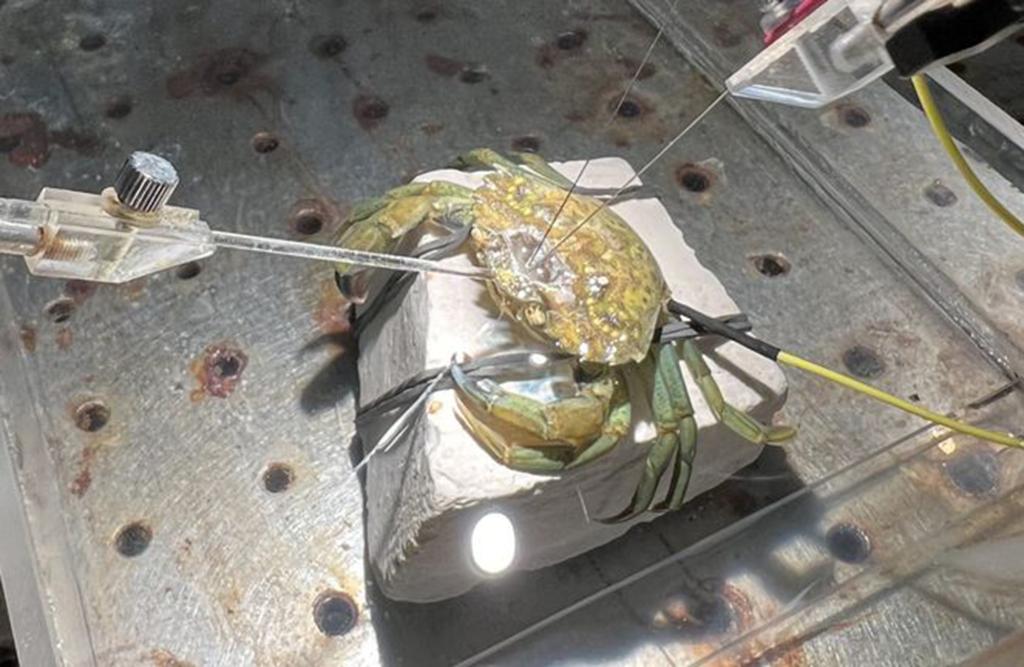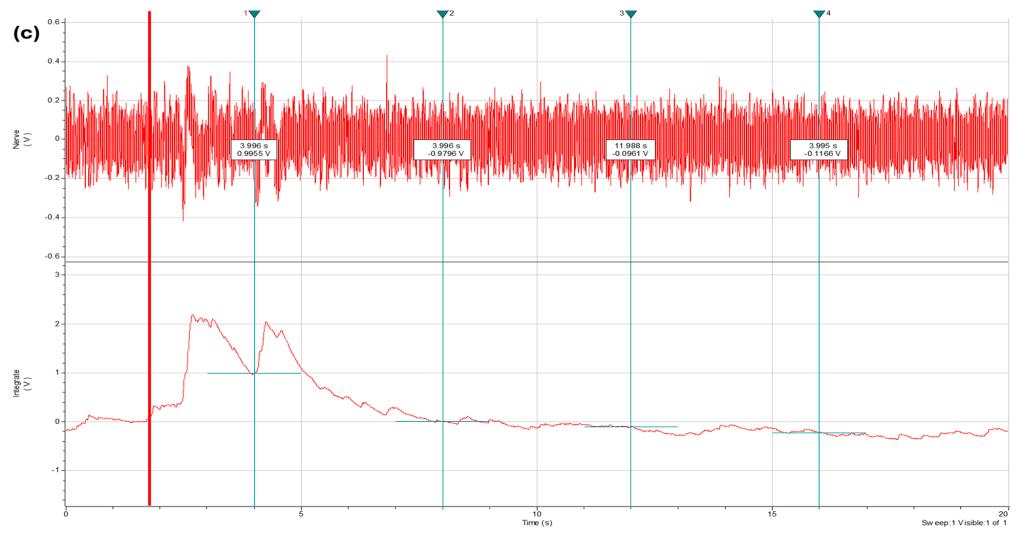How clawful! Crabs can feel pain when boiled and butchered for food prep: study
That’s just clawful!
Crabs can feel pain when they are boiled alive during conventional food preparation —- as do other shellfish like lobsters, according to a new study.
Zoologists from Sweden’s University of Gothenburg performed brain scans on crabs to see how their nervous system would react to painful stimuli, according to a summary of the study.
Testing on paralyzed crabs found that the crustaceans’ nociceptors detect damaging stimuli and send signals to the central nervous system — which is definitively the feeling of pain, the study found.
The study used electrophysiological equipment to detect the innate bodily response of shore crabs while prodding them with two types of noxious stimuli, namely, mechanical/chemical and acetic.
Researchers found that the shore crabs exhibited responses in their central nervous system that indicated a standard pain response.
Every part of the shore crabs’ bodies responded to each painful stimuli, except its antennae, which only exhibited responses to chemical stimuli.
These pain principles apply not only to shore crabs but also to shellfish such as crawfish, shrimp and lobsters.
In the light of these revelations, scientists are calling for more humane culinary ways to prepare shellfish, which are conventionally boiled alive.
“We believe that the boiling of crustaceans alive should be banned and cooking techniques such as electro stunning should be applied the moment that the crustaceans are caught,” Eleftherios Kasiouras, a Ph.D. candidate at the University of Gothenberg, told the Daily Mail.
“There is more and more evidence emerging, including our research, that decapods experience pain so we should treat them as we would treat other animals,” Kasiouras explained.
Crabs are one of the only consumable creatures not protected by animal welfare laws, meaning it is legal to butcher and kill crabs.
Animal welfare organization Crustacean Compassion said that there are several unethical ways of killing decapods, including boiling, dismemberment, electrical killing, splitting, CO2 gassing, freshwater drowning and both dry and wet chilling.





